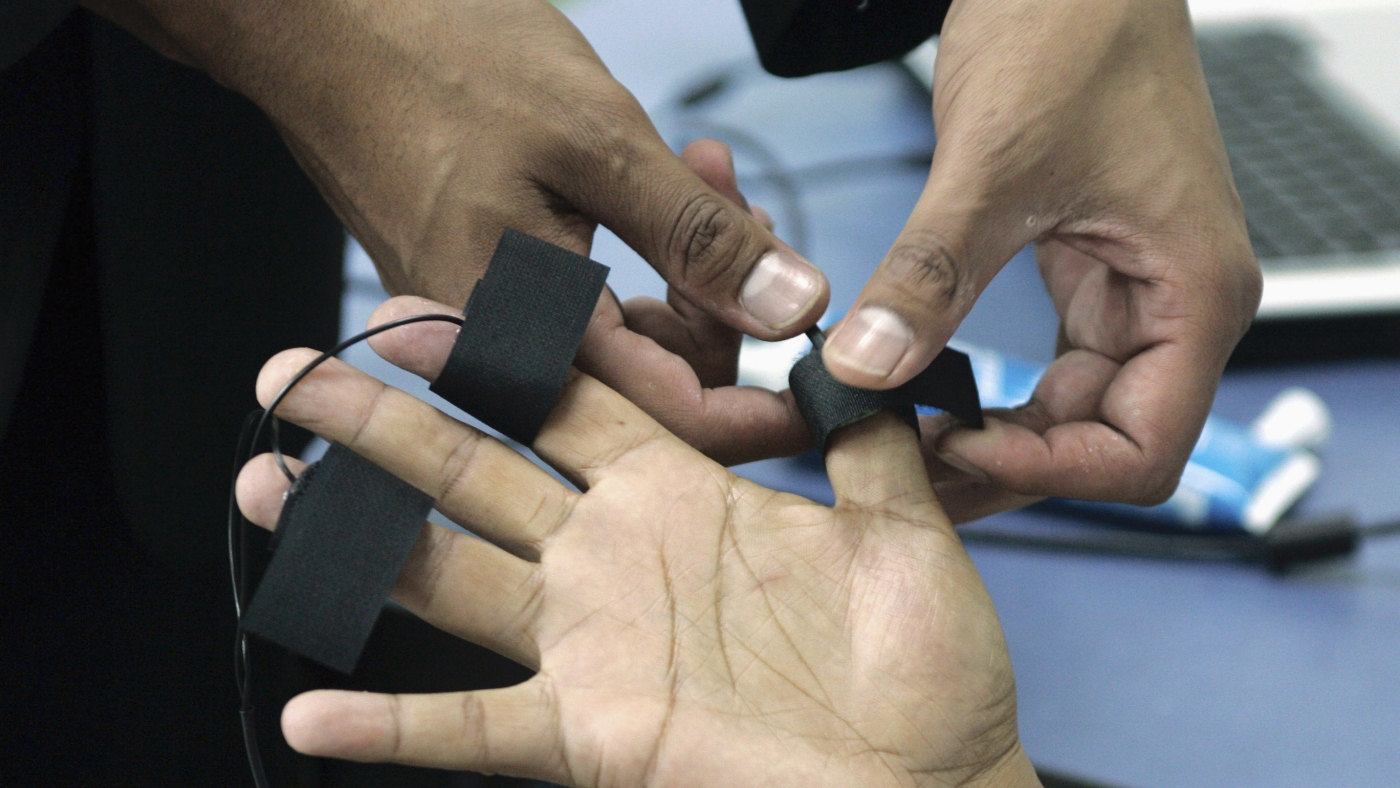The Rise of Polygraph Use in Federal Agencies
The Escalating Battle Against Information Leaks
In the shadowy realm of national security, federal agencies are ramping up their efforts to stem the tide of information leaks. The Federal Bureau of Investigation (FBI) and other agencies have turned to polygraph tests, igniting a firestorm of debate about their effectiveness and ethical implications. This report explores the driving forces behind the increased use of polygraphs, their scientific foundation, and the broader consequences for national security and civil liberties.
The Catalysts for Polygraph Deployment
Fortifying National Security
At the heart of the FBI’s and other agencies’ decision to employ polygraph tests lies the imperative to bolster national security. Information leaks can derail investigations, jeopardize lives, and erode public confidence in government institutions. By identifying and prosecuting leakers, these agencies aim to deter future disclosures and preserve the sanctity of their operations.
The Surge in Information Breaches
The recent spike in leaks to media outlets has sent shockwaves through federal agencies. From immigration raids to internal probes, the deluge of sensitive information has prompted a more aggressive stance. The Department of Homeland Security (DHS) and the FBI have embraced polygraph tests as a proactive measure to plug these leaks.
The Science Behind Polygraph Tests
Decoding the “Lie-Detector”
Polygraph tests, or “lie-detectors,” monitor physiological responses such as heart rate, blood pressure, respiration, and skin conductivity while subjects answer a series of questions. The premise is that deceptive answers trigger distinct physiological reactions, distinguishable from those elicited by truthful responses.
The Contentious Efficacy of Polygraphs
Despite their prevalence in law enforcement and national security, polygraph tests are mired in controversy. Experts contend that polygraphs are not infallible and can be swayed by various factors, including the subject’s emotional state, the examiner’s skill, and countermeasures employed by the test-taker. False positives and negatives can lead to miscarriages of justice, casting doubt on the reliability of these tests.
The Intricacies and Limitations
Polygraph tests are not admissible as evidence in many courts due to their disputed reliability. Moreover, the tests can be stressful and invasive, potentially inducing false confessions or inaccurate results. Agencies must weigh these drawbacks against the potential benefits, ensuring that polygraph use is justified and proportionate.
The Wider Ramifications
Ethical and Legal Quandaries
The increased use of polygraph tests raises profound ethical and legal questions. Critics argue that polygraphs infringe on individuals’ privacy and civil liberties, compelling subjects to undergo invasive examinations. In employment settings, polygraphs can deter whistleblowers from exposing legitimate concerns, creating a chilling effect.
The Morale and Trust Divide
The implementation of polygraph tests can fracture employee morale and trust. Employees may feel unfairly targeted or distrusted, leading to a toxic work environment. This, in turn, can impede the overall effectiveness and efficiency of the agencies involved.
Public Perception and the Transparency Imperative
Public perception of federal agencies can be swayed by their use of polygraph tests. While some may view it as a necessary security measure, others may see it as an overreach of government power. Transparent guidelines and oversight can allay negative public reactions, ensuring that polygraphs are used judiciously.
Conclusion: Navigating the Polygraph Paradox
The Call for a Holistic Strategy
The use of polygraph tests by federal agencies is a complex issue demanding a nuanced approach. While polygraphs can aid in identifying leakers, they should not be the sole investigative tool. Agencies must integrate polygraph use with other methods, such as digital forensics and human intelligence, to foster a comprehensive and effective strategy.
Upholding Fairness and Accountability
To preserve public trust and ethical standards, agencies must ensure that polygraph use is fair and accountable. This involves clear administration guidelines, informed subject rights, and robust oversight to prevent misuse.
Charting the Future Course
As polygraph use evolves, federal agencies must stay abreast of the latest scientific research and technological advancements. By enhancing the reliability and effectiveness of polygraph tests, they can better safeguard national security while respecting individual rights. The future of polygraph use hinges on striking this delicate balance, ensuring that these tools are employed responsibly and ethically.

